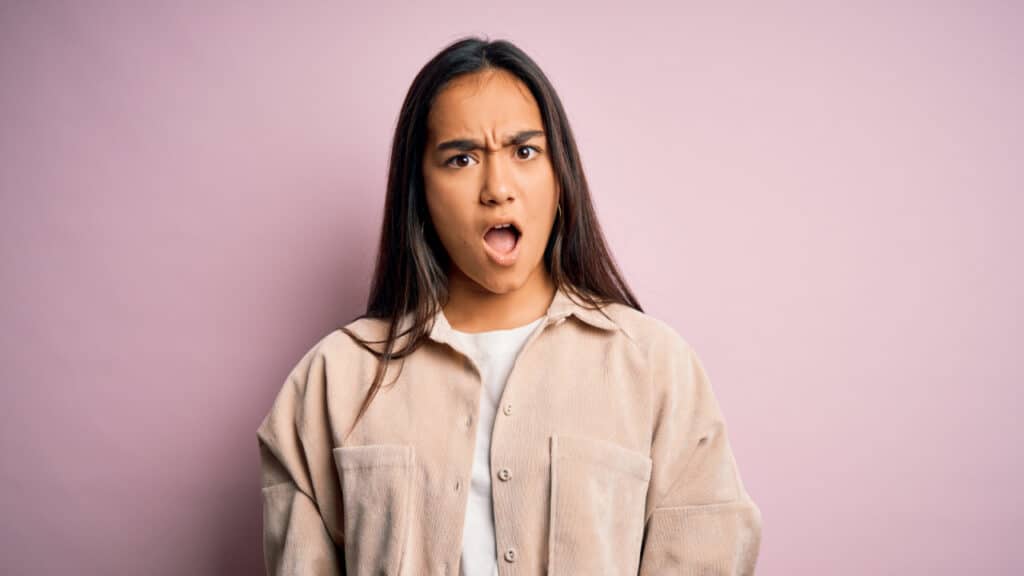I Am a Therapist With Many Years of Experience, and This Is What I Would Like My Latino Community To Understand About Mental Health
I was fourteen years old when I first went to therapy. I remember sitting beside my dad in the waiting room, feeling apprehensive. Back then, I didn’t necessarily know why I needed to talk to a stranger, but I knew I was emotionally unstable.
My family and I relocated to the United States from Tijuana, Mexico, two years prior to pursue a better life. I resided in Tijuana with my biological parents and three siblings until I was twelve. We relocated three times before moving to Riverside County, CA. It’s clear that life was chaotic and inconsistent then, but living through it felt like my norm.
Growing up in a Mexican household, I often heard statements like “No seas dramática”, “No seas chillona”, “Siempre tienes que ser fuerte”, “Te voy a dar una buena razón para llorar”, “Yo pase por cosas peores” and the list can go on and on.
When I started working with the Latino population as a trainee, I realized these phrases were more common than I thought
I became passionate about pursuing the path of becoming a therapist for many reasons. I would like to highlight two: One, I wanted to understand my story, my parents’ story, and my ancestor’s stories. Two, the impact my first therapist made in my life was a stepping stone to my healing journey.
I argue that it can take one person to break the cycle.
My father was that person for me. He put his Machismo aside and took the brave step to seek professional help. Breaking the cycle and healing from intergenerational trauma is not easy. It sometimes requires being in repetitive patterns to realize what your soul actually needs. Give yourself grace through this journey.
I am a product of intergenerational trauma—my father and mother are too. I am a therapist with many years of life experience who is healing and a bilingual Spanish Speaking Licensed Therapist with over 7 years of experience working with children, teens, adults, and families.
For many Latinos, abuse and traumatic events are normalized. Yet, mental health is still a taboo
El “que va decir la gente” becomes a barrier to seeking professional help. A hard truth among the Latino community is many perceive mental illness as a sign of weakness. Others believe going to therapy is for “locos” or crazies. Mental health professionals are trained to support and guide you through your healing journey.
As a Licensed Therapist who goes to therapy, here are a few things I would like my Latino community to know:
1. If you have physical health, you have mental health. Mental illness is a medical condition, just like diabetes or any disease.
2. Taking medication to help alleviate your symptoms is not a sign of weakness. Choosing to care for your mental health is self-care.
3. You don’t have to be in a crisis to seek mental health services. It can also be for preventative care.
4. Environmental stressors such as sudden moves, life transitions, breakups, divorce, loss of employment, loss of a loved one, and career changes, among others, can exacerbate mental health issues.
5. Mental illness does not define you; it’s part of you, not all of you, and it can be treated.
6. Mental illness does not discriminate. It can affect anyone regardless of age, race/ethnicity, gender, sexual orientation, and socioeconomic status.
There are many ways you can find a therapist
You can go through your health care insurance and/or Medi-Cal. Your school can connect you with a mental health professional if you’re a student. You can also find a therapist in private practice. If you are considering starting your healing journey, you can check out the provided resources below:
@latinxtherapy https://latinxtherapy.com/
@inclusivetherapists https://www.inclusivetherapists.com/
@openpathpsychotherapy https://openpathcollective.org/
@therapyforlatinx https://www.therapyforlatinx.com/
In honor of World Mental Health Day, let’s amplify La Salud Mental in our culture and collectively break the stigma in our community.




